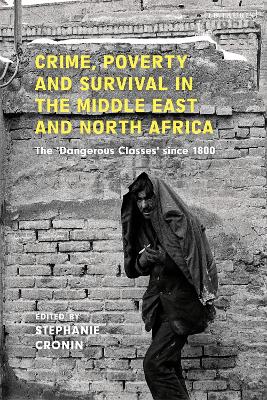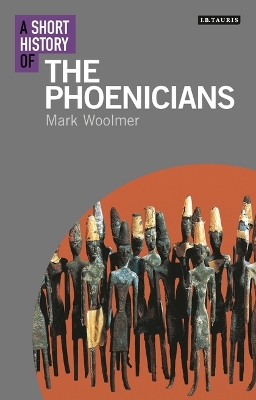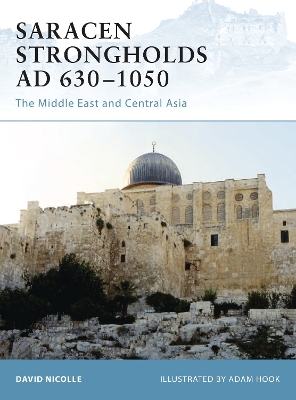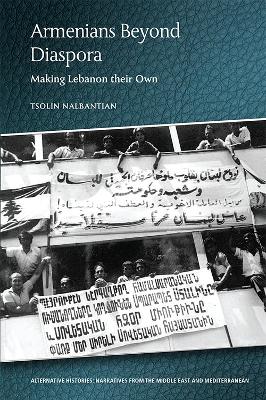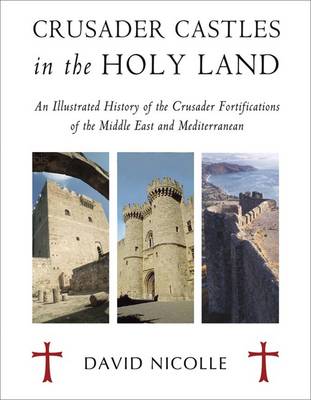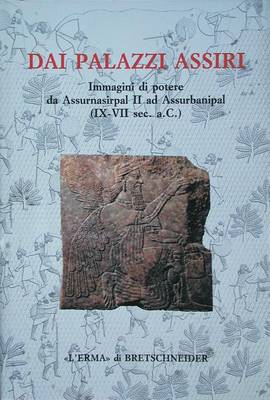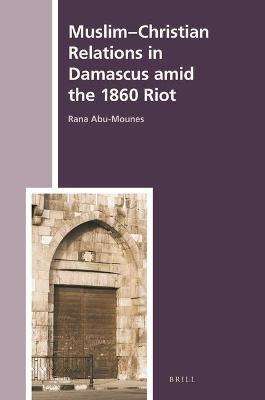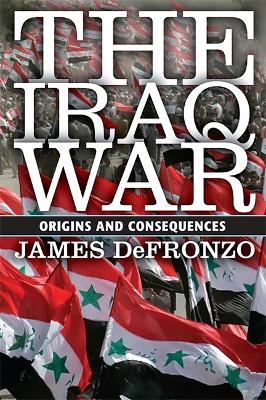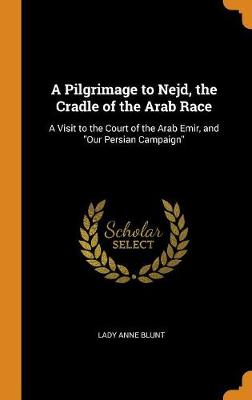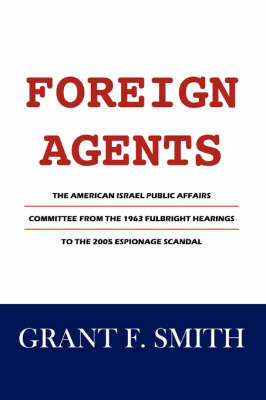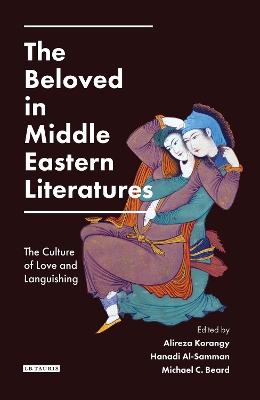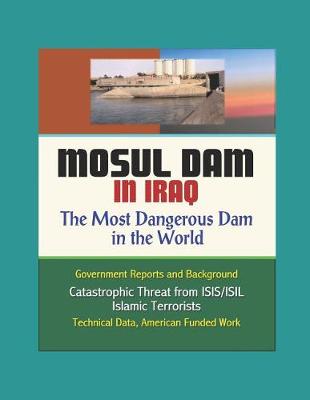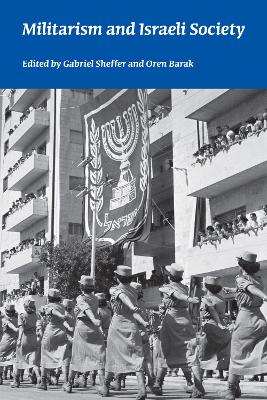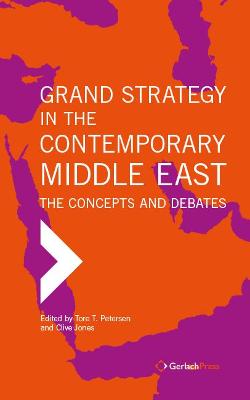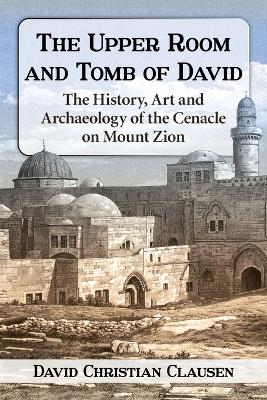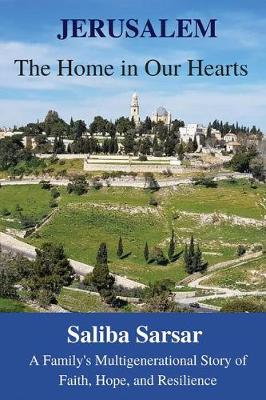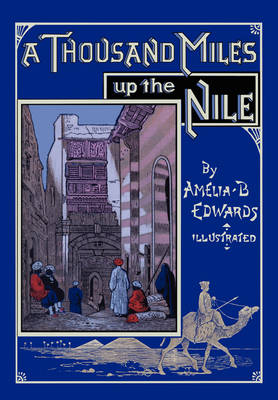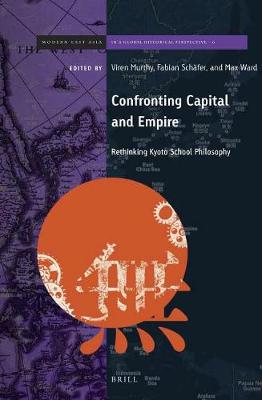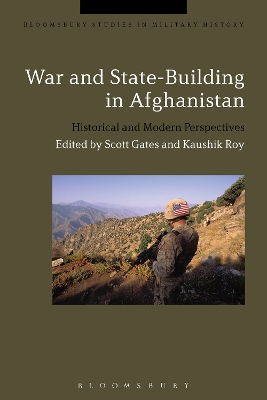Crime, Poverty and Survival in the Middle East and North Africa
The concept of the 'dangerous classes' was born in a rapidly urbanizing and industrializing nineteenth century Europe. It described all those who had fallen out of the working classes into the lower depths of the new societies, surviving by their wits or various amoral, disreputable or criminal strategies. This included beggars and vagrants, swindlers, pickpockets and burglars, prostitutes and pimps, ex-soldiers, ex-prisoners, tricksters, drug-dealers, the unemployed or unemployable, indeed ever...
The Phoenicians present a tantalizing face to the ancient historian. Latin sources suggest they once had an extensive literature of history, law, philosophy and religion; but all now is lost. Offering new insights based on recent archaeological discoveries in their heartland of modern-day Lebanon, Mark Woolmer presents a fresh appraisal of this fascinating, yet elusive, Semitic people. Discussing material culture, language and alphabet, religion (including sacred prostitution of women and boys t...
Armenians Beyond Diaspora (Alternative Histories)
by Tsolin Nalbantian
This book argues that Armenians around the world - in the face of the Genocide, and despite the absence of an independent nation-state after World War I - developed dynamic socio-political, cultural, ideological and ecclesiastical centres. And it focuses on one such centre, Beirut, in the postcolonial 1940s and 1950s. Tsolin Nalbantian explores Armenians' discursive re-positioning within the newly independent Lebanese nation-state; the political-cultural impact (in Lebanon as well as Syria) of t...
Crusader Castles in the Holy Land (General Military)
by David Nicolle
The bloody crusades that swept across the Middle East in medieval times left their mark on the landscape, where fortifications that once acted as bastions of power for the beleaguered Crusader States now cast their ruined shadows over the earth. "Crusader Castles in the Holy Land" is a beautifully illustrated guide to the development, construction, purpose and history of these castles. Examining the castles built in the Holy Land between 1097 and 1302 as well as the castles built in Cyprus, Gree...
Dai Palazzi Assiri Immagini Di Potere Da Assurnasirpal II Ad Assurbanipal (IX-VII SEC Ac) (Studia Archaeologica, #76)
Muslim-Christian Relations in Damascus amid the 1860 Riot (History of Christian-Muslim Relations)
by Rana Abu-Mounes
On 9 July 1860 CE, an outbreak of violence in the inner-city Christian quarter of Damascus created shock waves locally and internationally. This book provides a step-by-step presentation of events and issues to assess the true role of all the players and shapers of events. It critically examines the internal and external politico-socio-economic factors involved and argues that economic interests rather than religious fanaticism were the main causes for the riot of 1860. Furthermore, it argues th...
This book explains why the Iraq War took place, and the war's impacts on Iraq, the United States, the Middle East, and other nations around the world. It explores conflict's potential consequences for future rationales for war, foreign policy, the United Nations, and international law and justice.
First Published in 1968. Routledge is an imprint of Taylor & Francis, an informa company.
The Beloved in Middle Eastern Literatures (Library of Middle East History)
In the long literary history of the Middle East, the notion of 'the beloved' has been a central trope in both the poetry and prose of the region. This book explores the concept of the beloved in a cross-cultural and interdisciplinary manner, revealing how shared ideas on the subject supersede geographical and temporal boundaries, and ideas of nationhood. The book considers the beloved in its classical, modern and postmodern manifestations, taking into account the different sexual orientations an...
Mosul Dam in Iraq
by Army Corps Of Engineers (Ace), Department of Defense, and U S Government
Militarism and Israeli Society (Israel Studies Book)
Challenging the established view that the civilian sector in Israel has been predominant over its security sector since the state's independence in 1948, this volume critically and systematically reexamines the relationship between these sectors and provides a deeper, more nuanced view of their interactions. Individual chapters cast light on the formal and informal arrangements, connections, and dynamic relations that closely tie Israel's security sector to the country's culture, civil society,...
Grand Strategy in the Contemporary Middle East
It's been a church, a mosque and a synagogue. Jesus is said to have dined there. James, his brother, is believed to have been interred there. King David may be buried beneath the floor. The subject of intense speculation by both scholars and the faithful, the Cenacle on Mount Zion-also known as the Upper Room of the New Testament gospels and as the Tomb of David-has remained a mystery for centuries. Claimed by Jews, Christians and Muslims, the sacred structure continues to evoke passionate cont...
Die Felsgrabernekropole Der Qubbet El Hawa Bei Assuan (Abhandlungen Der Rheinisch-Westfalischen Akademie Der Wissen, #55)
by Elmar Edel
Amelia Edwards was born in London in 1831, the daughter of an army officer. This book describes a 1000 mile journey up the Nile she undertook in 1873. Although the trip was initially undertaken to escape the rain in Europe, Edwards was no vacuous tourist; her lively account of Ancient Egypt's great antiquities made this book a bestseller of its day. Following this journey, Amelia Edwards went on to become one of Britain's leading Egyptologists and to endow the country's first chair in the subjec...
Confronting Capital and Empire inquires into the relationship between philosophy, politics and capitalism by rethinking Kyoto School philosophy in relation to history. The Kyoto School was an influential group of Japanese philosophers loosely related to Kyoto Imperial University's philosophy department, including such diverse thinkers as Nishida Kitaro, Tanabe Hajime, Nakai Masakazu and Tosaka Jun. Confronting Capital and Empire presents a new perspective on the Kyoto School by bringing the sch...
War and State-Building in Afghanistan (Bloomsbury Studies in Military History)
The Mughals, British and Soviets all failed to subjugate Afghanistan, failures which offer valuable lessons for today. Taking a long historical perspective from 1520 to 2012, this volume examines the Mughal, British, Soviet and NATO efforts in Afghanistan, drawing on new archives and a synthesis of previous counter-insurgency experiences. Special emphasis is given to ecology, terrain and logistics to explain sub-conventional operations and state-building in Afghanistan. War and State-Building...
The eleventh-century masterpiece The Tale of Genji casts a long shadow across the literary terrain of the Heian period (794-1185). It has dominated critical and popular reception of Heian literary production and become the definitive expression of the aesthetics, poetics, and politics of life in the Heian court.But the brilliance of Genji has eclipsed the works of later Heian authors, who have since been displaced from the canon and relegated to critical obscurity.Charo B. D'Etcheverry calls for...
